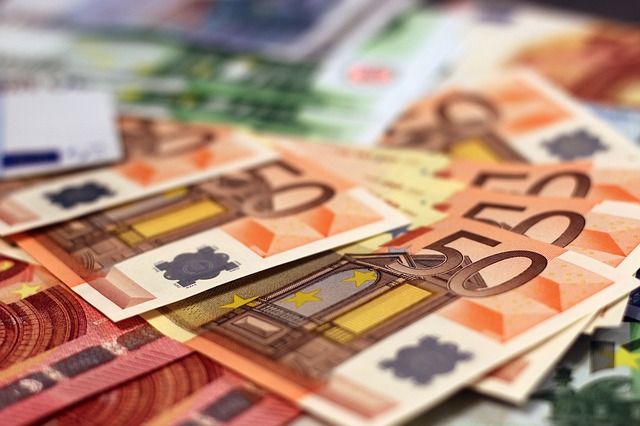An estimated one-third of people in the Middle East and North Africa have paid a bribe to government officials for basic services such as health care and electricity, watchdog group Transparency International reported. Two-thirds of people in the region also say corruption is steadily increasing.
In a report by the Thomson Reuters Foundation, the same study says one fifth of people who paid a bribe reported the matter, and twice as many indicated that they were retaliated on upon reporting corruption.
Results indicated that bribery is a common practice in order to obtain public services, in court systems, police stations and government offices in the area. Bribes had been paid for identity documents, medical care, permits and utilities.
Transparency International, a Berlin-based anti-corruption group, interviewed close to 11,000 adults from September 2014 to November 2015 in the countries of Lebanon, Jordan, Algeria, Egypt, Morocco, Sudan, Palestine, Yemen and Tunisia. On the average, nearly one in three people interviewed admitted to having paid a bribe in the past 12 months, numbering some 50 million people.
According to the survey, the bribery rate was highest in Yemen, where four out of five people reported to have paid a bribe. Despite political change due to dissatisfaction, corruption is still a persistent problem in the region.
The extent of the bribery reported in our survey is a major cause for concern, as widespread corruption is linked to governmental institutions that are inefficient and distrusted.
“Corruption also leads to an unfair distribution of services and undermines law and order,” the study said.
Despite these findings, more than half the people across Middle East and North Africa believe that ordinary citizens can make a dent in corruption practices by reporting them and refusing to pay bribes. However, one in three people expressed fears of retaliation if they reported corruption cases.
The study states that all of the governments, except Sudan where elections had been held recently, scored poorly at fighting corruption by its citizens. Tunisians were the most optimistic at making a difference by reporting corruption, while Lebanese were the least optimistic on the issue. Egypt, Jordan and Tunisia got the most positive ratings overall. Algeria, Morocco, Sudan and Palestine were middling, while Lebanon and Yemen got the worst ratings.
Transparency International called on governments to “prosecute corruption, allow for freedom of the press, establish independent anti-corruption commissions, make officials disclose holdings, enact codes of conduct and protect whistleblowers.”
























